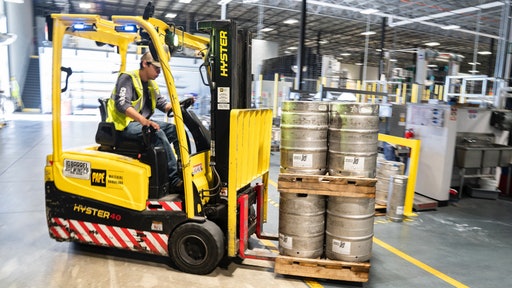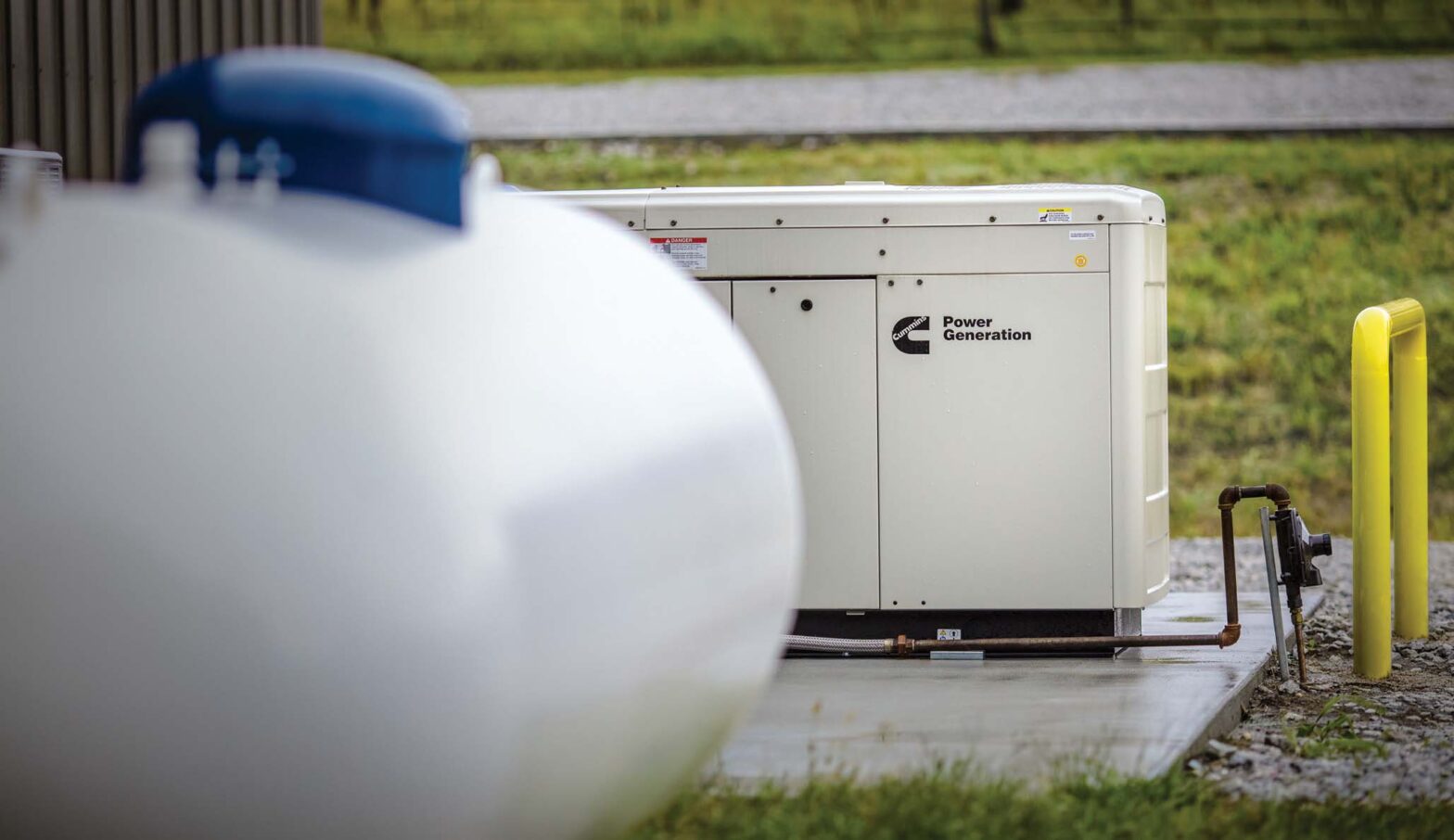Propane’s Role in Industrial Manufacturing
Propane has proven to be essential in various industrial manufacturing processes. Its clean-burning properties, reliability, and affordability make it a top choice for powering a wide range of equipment and operations in manufacturing facilities worldwide. Here’s a closer look at how propane fuels industrial manufacturing processes and contributes to operational efficiency: Heating and Thermal Processing… Continue reading Propane’s Role in Industrial Manufacturing


